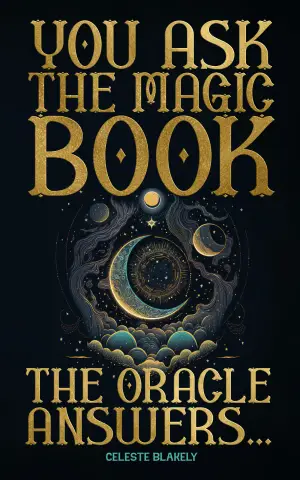Rediscovering a Classic: The Adventures of Huckleberry Finn
Mark Twain’s The Adventures of Huckleberry Finn has been on my bookshelf for ages, its spine a little cracked and worn, a testament to the many journeys it’s taken with me over the years. This recent re-read was a delightful reminder of why it’s hailed as a cornerstone of American literature. I was particularly excited to dive into this unabridged version from Reader’s Library Classics, as it promised the full, unfiltered experience Twain intended when he penned his timeless tale back in 1885.
From the first page, I was whisked away by Huck Finn’s irrepressible spirit, a boy yearning for freedom in a world tangled in societal expectations. Huck’s adventures on the Mississippi River with his friend Jim—a runaway slave—provide not just thrilling escapades but also profound reflections on race, morality, and what it means to truly be free. Twain’s mastery of dialect and his witty, often stark humor made the narrative not only engaging but also deeply thought-provoking.
What struck me most this time around was Huck’s moral evolution. As a child, I reveled in his mischievous antics, but now I find myself grappling with the ethical dilemmas he faces. His ultimate decision to "go to hell" rather than betray Jim underscores a powerful clash between societal norms and deep personal loyalty—a theme that resonates today more than ever. The way Twain crafts Huck’s internal conflicts is a testament to his literary genius.
As much as I enjoyed Huck, Jim’s character shines brilliantly in this reimagining. Initially seen as merely a companion, he reveals himself as a complex, dignified figure, embodying resilience and humanity amid a backdrop of cruelty. The contrast between Huck’s youthful innocence and Jim’s profound wisdom captures the heartbreaking reality for many during that era.
Twain’s prose, rich with vivid imagery and authentic dialogue, can sometimes challenge modern readers—after all, it’s a reflection of its time, complete with the uncomfortable racial language that evokes mixed feelings. Yet, as several reviewers noted, this authenticity is what makes the narrative powerful. It provides a lens through which readers can examine America’s long and difficult history with race and morality.
The pacing of the story kept me on my toes; each chapter felt like a new chapter in life, filled with unexpected lessons and encounters. One of my favorite moments is when Huck quips, “What’s the use you learning to do right when it’s troublesome to do right and ain’t no trouble to do wrong?” His playful skepticism resonates deeply, inviting readers to ponder their own values and the complexities of right versus wrong.
I believe The Adventures of Huckleberry Finn holds a mirror to society, reflecting truths that still ring clear today—making it ideal for anyone willing to confront uncomfortable realities in pursuit of understanding. This is a book for adventurers, philosophers, and anyone seeking to explore the depths of humanity. My journey with Huck and Jim has not only rekindled my love for a classic but also reminded me of the transformative power of literature.
So, whether you’re a seasoned Twain enthusiast or a newcomer diving in for the first time, I encourage you to paddle down the Mississippi River with Huck Finn. Each reading unveils layers of meaning that will linger long after you’ve turned the final page.






